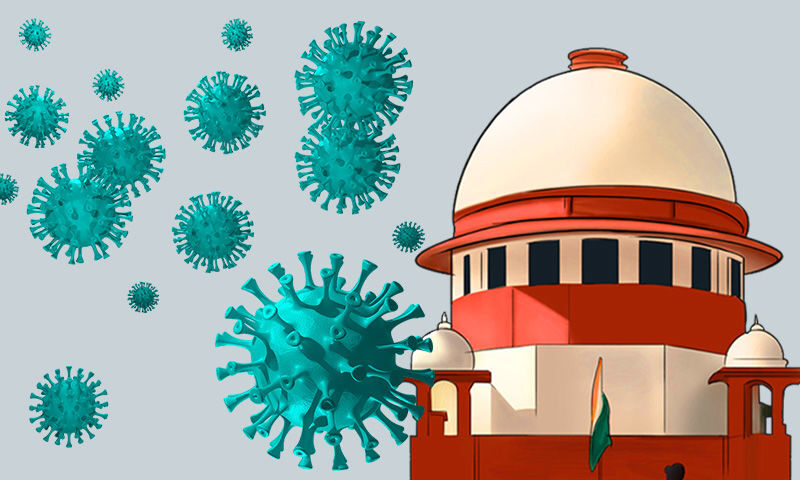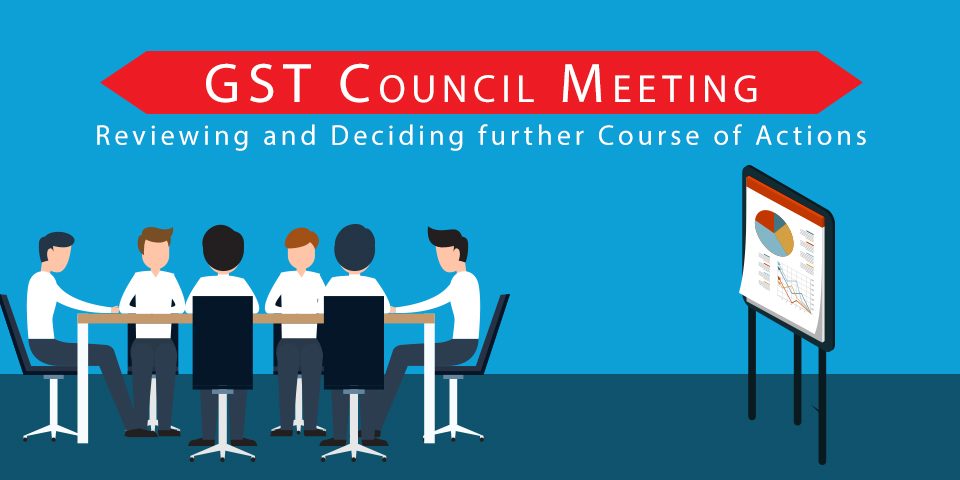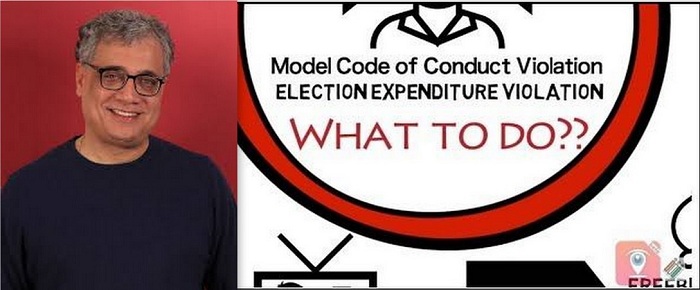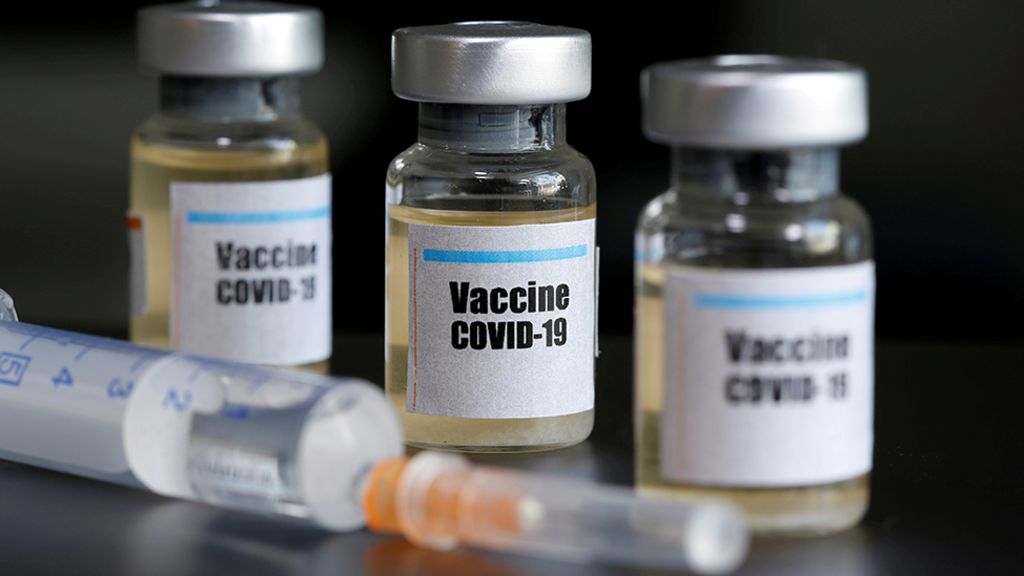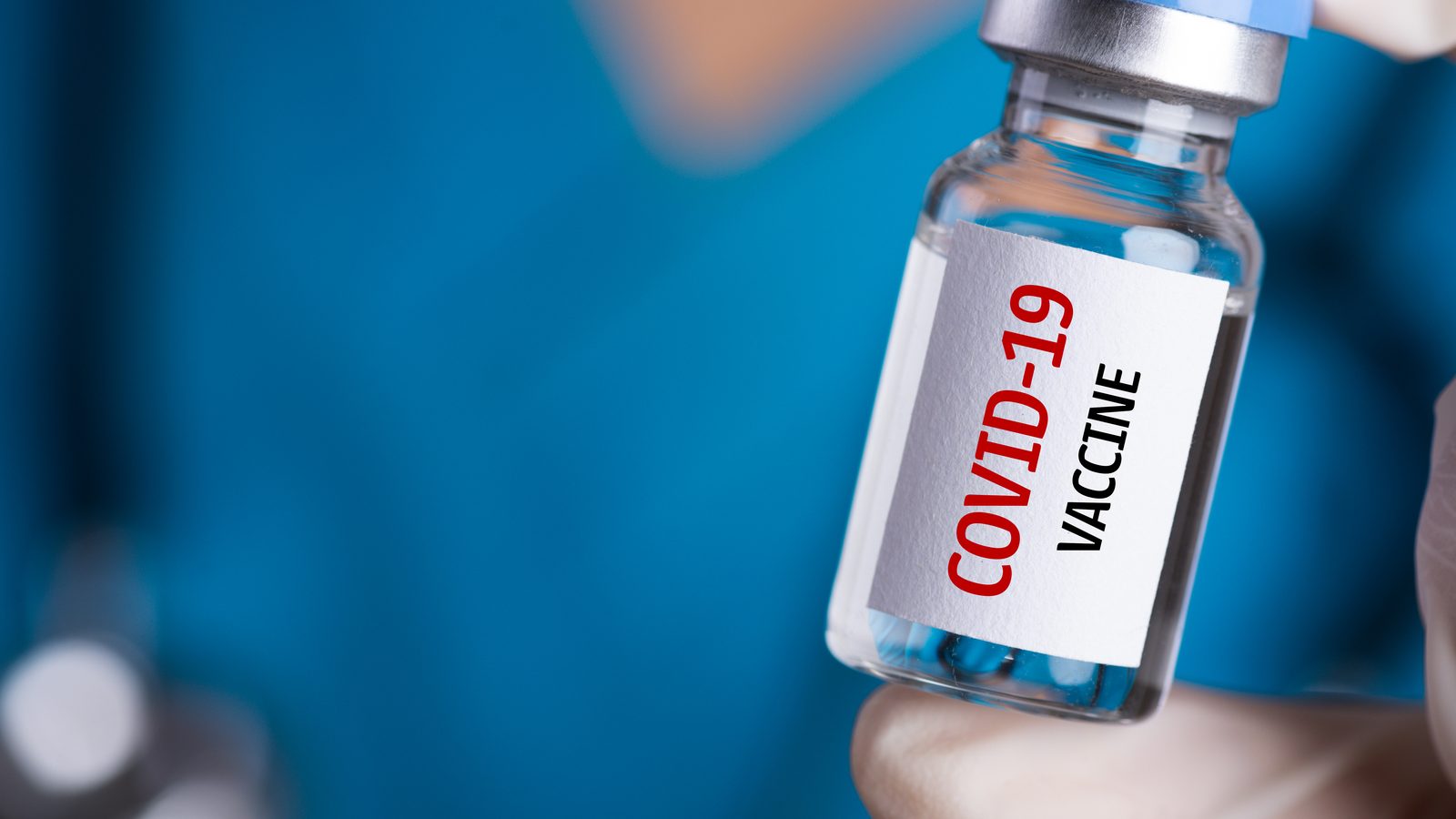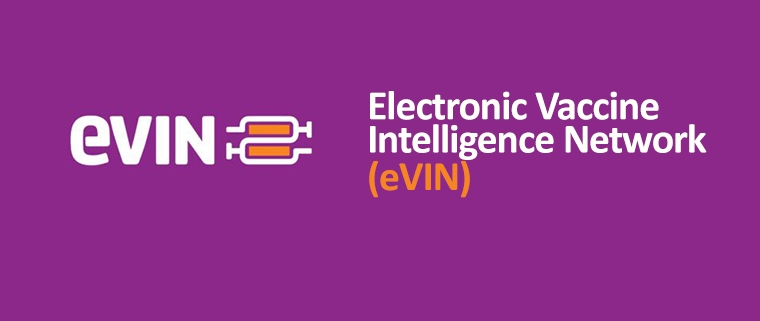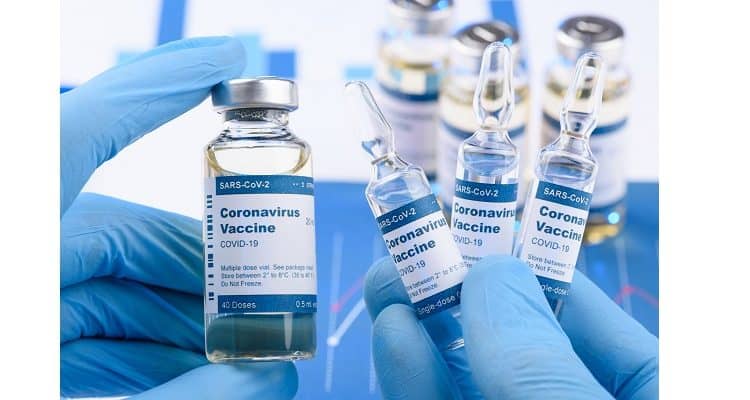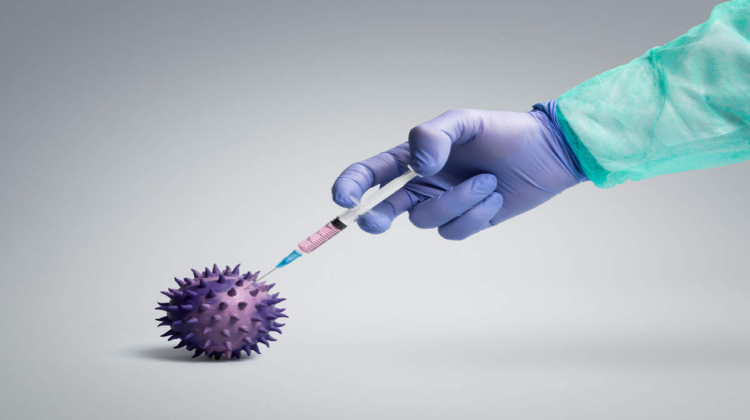After wasting nearly a year in election campaigns in the midst of Covd19, ignoring experts’ views on Kumbh in second wave, mishandling the Oxygen crisis, the centre is now scampering to get the huge population vaccinated.
Supreme Court held the centre’s vaccine pricing policy “irrational” and raised questions of access and equity. The Apex court has literally scolded Central government over the issue of vaccination. Following this, the centre told the court that until the end of this year, it expected to get 188 crore vaccine doses. The centre said that it expects to get vaccine doses from at least five manufacturers which would fully inoculate the total 94-crore population above 18.
The centre said that 51.6 crore doses would be “made available” by July 31. In an affidavit filed by Manohar Agnani, Additional Secretary, Ministry of Health and Family Welfare, it presented a roadmap to show how it proposes to procure the balance 135 crore from August to December 31 (see chart) from five manufacturers.
Also See: New mutants of Coronavirus
In its affidavit, the Centre said that it estimates 51.6 crore cumulative vaccinations by the end of July based on supply estimates.
The Centre submitted that the projected availability of vaccines from August to December will cover the balance 135 crore doses as per a break-up. The breakup includes 50 crore doses of Covishield; 40 crore doses of Covaxin; 30 crore doses of Bio E’s sub unit vaccine; 5 crore doses of Zydus Cadila DNA vaccine and 10 crore doses of Sputnik V.
GOI added that this “does not include other vaccines which are at various stages of development as on date within the country and may come and become available”.
Meanwhile, in May, the head of India’s Covid-19 task force had said that 216 crore doses would be available in India between August and December.
Also Read: Indemnity from liability to be granted to vaccine manufacturers like Pfizer and Moderna
However, the latest affidavit does not include the projected availability from Novavax (20 crore), Bharat Biotech’s Nasal vaccine (10 crore), and Genova’s mRNA vaccine (6 crore).
Central government underlined that the drugs regulator has permitted Bharat Biotech to conduct clinical trials on children between 2 years to 18 years of age for Covaxin and enrolment for this trial has begun.
Also Read: An uncertain wait for vaccines by India despite a liberalized regulatory framework
The Centre has told the Supreme Court, “It is submitted that Zydus Cadila which is developing DNA vaccines has concluded its clinical trial for between the age group of 12 to 18 years of age and subject to the statutory permissions, the same may be available in near future for children of the age group of 12 to 18 years of age.”
GOI further added that the vaccination drive would be ramped up if the Government were to procure vaccines from overseas including Pfizer, Johnson & Johnson and Moderna. To that effect, the Centre said that negotiations were going on at the highest political and diplomatic levels.
Centre added, “Since these efforts are at a very advanced stage, it is neither desirable nor possible to give comprehensive details. As and when these efforts materialise, the speed of vaccination will be further augmented and enhanced.”
Also Read: Issues faced by India in dealing with Covid 19 resurge- Is it too late to contain the Second Wave
On the role of the private sector in vaccination, centre said that it has flagged that 55 percent of the population “seeks and gets medical services” from private hospitals and 45 percent from government hospitals.
The Centre argued that by roping in the private sector, it is “incentivising manufacturers” to augment their production capacity and “thereby cross subsidize.”
The Centre said, “The rationale and the object behind this policy decision is the same as it was earlier i.e. permitting private supply of vaccines by the manufacturers to private hospitals so as to widen the reach, reduce stress on public facilities, reducing crowding in public utilities and incentivising manufacturers to augment their production capacity and thereby cross subsidize the price at which they are supplying 75 per cent of their manufactured vaccines to the Central Government.”



